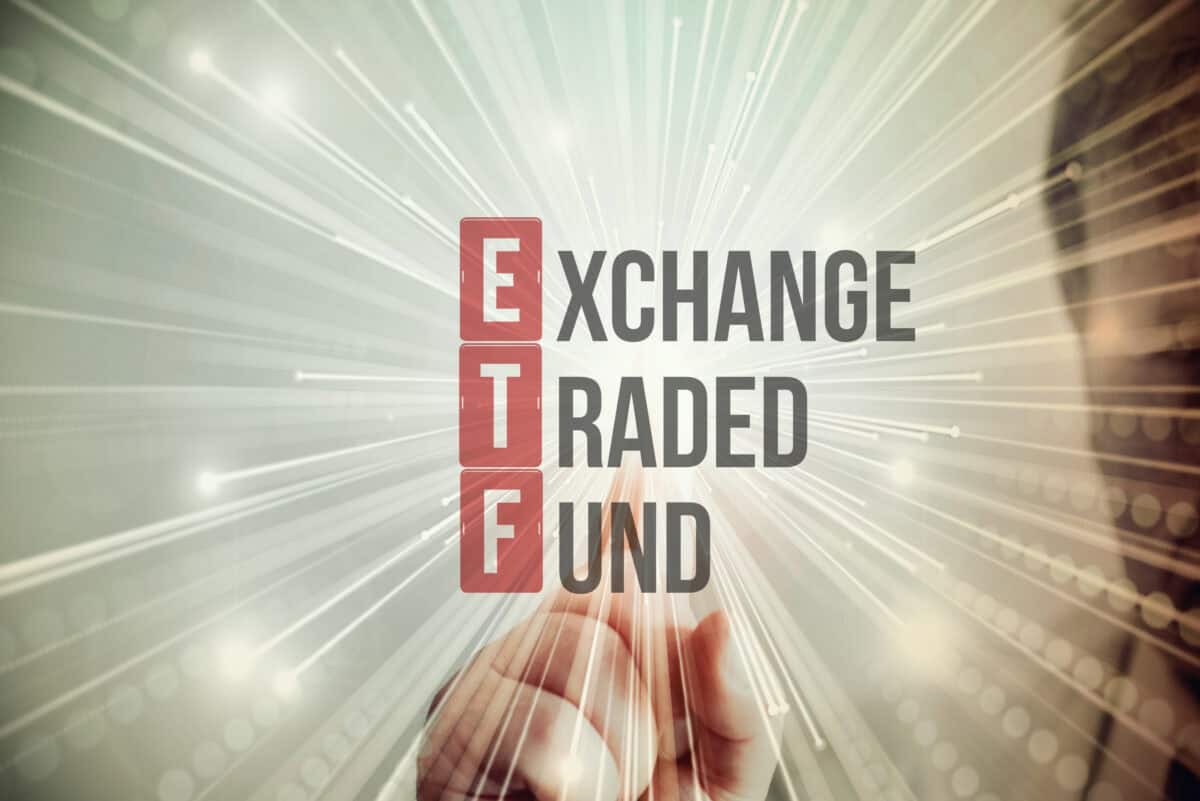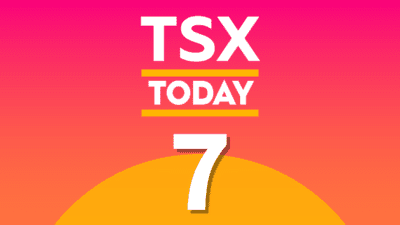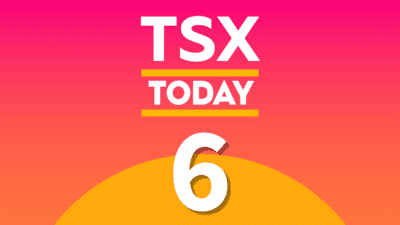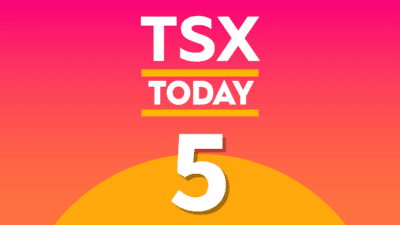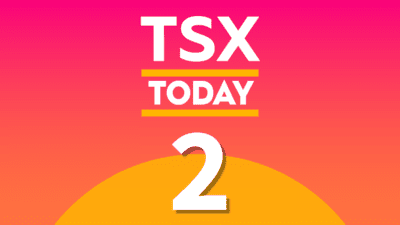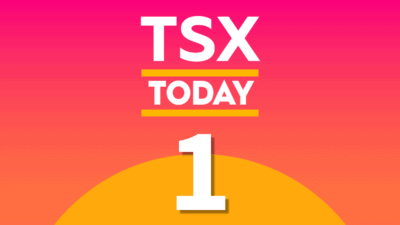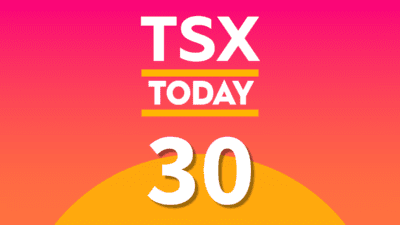North American stock markets have responded with a wild rally to Donald Trump’s election victory, Traders witnessed a 5.8% surge in U.S. Russel 2000 index futures in Wednesday’s early trading that could foretell rich rewards for Canadian investors who hold positions in iShares U.S. Small Cap Index ETF (CAD-Hedged) (TSX:XSU), a small-cap stocks index exchange-traded fund (ETF) that seeks to provide long-term capital growth by replicating the performance of the Russell 2000 Index — without exchange rate risks for Canadians.
They come in various configurations to suit varying investor objectives and risk profiles. Still, Canadian ETFs have one thing in common: they seek to make investing easier by bundling up a group of investments into a diversified, professionally managed portfolio, usually for a nominal fee to the investing public.
Financial markets seem optimistic about the impact of a reincarnated President Trump administration on the American economy. Perhaps there is no better way to bet on a stronger U.S. economy than through its smaller companies, whose fundamentals usually improve the most as business sentiment improves, consumer spending grows, employment levels rise and stay strong, and as credit terms loosen, balance sheets grow healthier, and investor risk appetite increases.
An easy ETF to buy with $500 in November 2024
Without speculating much on the political and economic outcomes of the recent U.S. election, investor sentiment matters, and right now, market traders are celebrating a Republican Party victory with a bullish run on stocks, especially on small-cap U.S. stocks. iShares U.S. Small Cap Index ETF (XSU), which offers exposure to 1,973 small-cap holdings, could do well in November.
Launched in 2007, the ETF seeks to replicate the performance of the Russel 2000 index, a collection of nearly 2,000 small companies in the United States, net of fees. The fund’s $764 million in net assets is hedged for any currency fluctuations between the United States dollar and the Canadian dollar to remove exchange rate risks on Canadian investors’ portfolios.
Up 9.6% so far this year, the ETF can be used to diversify an equity investment allocation and gain exposure to the long-term growth potential of smaller American companies. If U.S. small caps, which have lagged behind their larger counterparts for some time, finally find favour with the markets, as has been the case following an unofficial Donald Trump win, then the next four years could be exciting.
Given its low-cost management fee profile, with a management expense ratio (MER) of 0.36%, investors in iShares U.S. Small Cap Index ETF could incur about $3.60 in total annual expenses on every $1,000 invested.
A $500 investment into the XSU ETF would provide 18.2% exposure to small caps in the financial sector, a 17.6% exposure to health care, and be weighted 17.1% in industrials with information technology stocks comprising 12.5% of the portfolio, while other sectors are represented. As part of a core portfolio, the U.S. small-cap ETF may help diversify an energy-heavy Canadian stock portfolio while eliminating the currency risks associated with direct investments on U.S. exchanges.
A word on small-cap ETF investing
Investing solely based on political outcomes during a new four-year presidential term is not strategic enough. However, a small-cap exposure during a period of strong economic growth could be rewarding, and you may throw some bets if you are confident of an economically greater America over the next five years.
Note that the Russel 2000 is a high-risk index with more significant volatility than large-cap stock indices, including S&P/TSX Composite and the S&P 500. It may carry several poor-quality stocks with unproven business models and low chances of ever breaking into sustainable profitability.
If you still prefer small caps but wish to screen for higher quality, the medium-risk rated BMO S&P US Small Cap Index ETF (TSX:ZSML) could be a better bet. The low-cost ETF is based on the S&P Small Cap 600 Index, which screens U.S. small caps based on their liquidity and financial viability, offers a higher dividend yield of 1.3%, and has generated a more spectacular return of 29.8% during the past 12 months.
For its part, the ZSML ETF has been an amazing, better-quality small-cap stock ETF to hold during the past year at a lower MER of 0.22% versus the XSU’s 0.36%.

